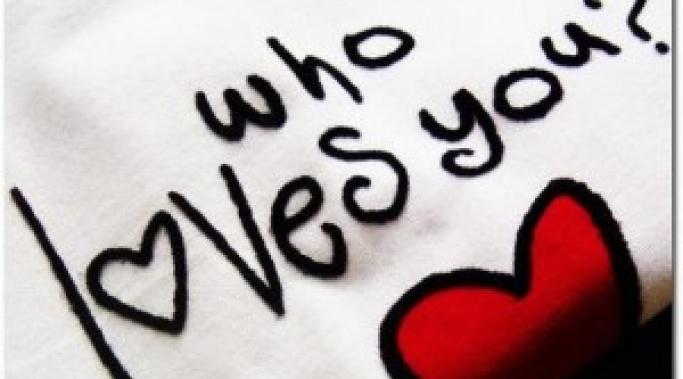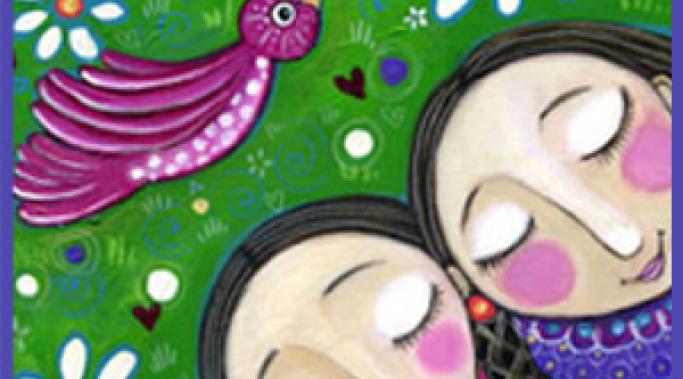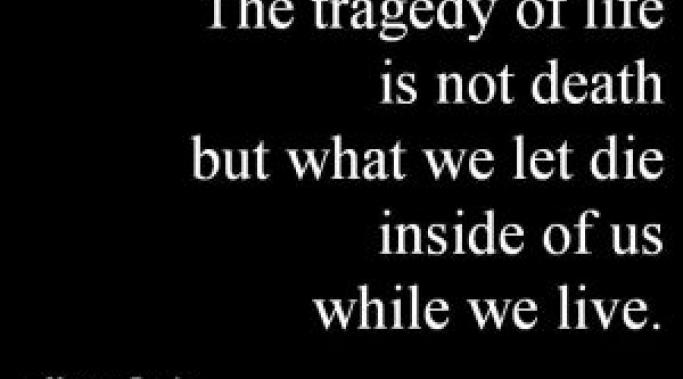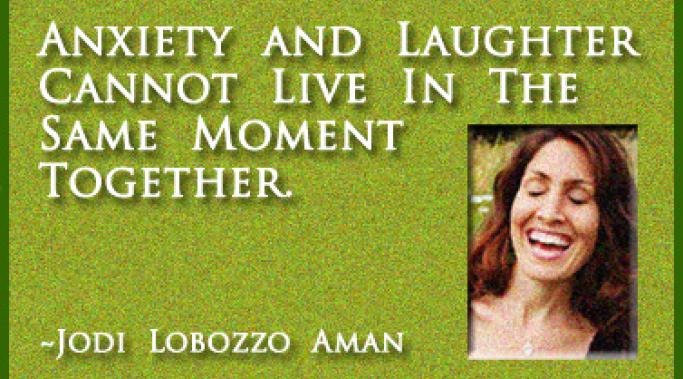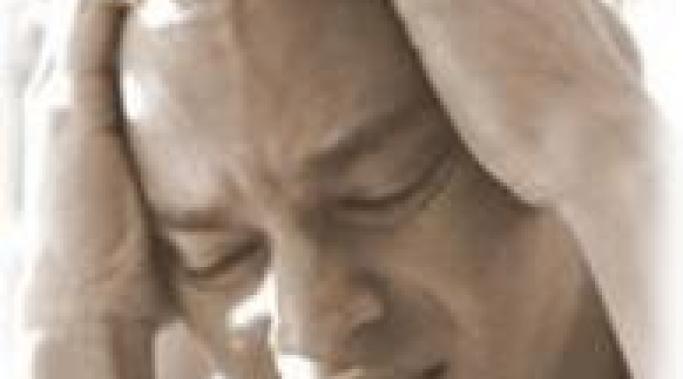"His Kindness Healed Me"
As often happens, I was brought to tears last night during a therapy session.
"When he asked me why I like him, I didn't know how to put it into words. All I could say was, 'Your kindness healed me.'"
She began to lament that she couldn't express her feelings. Her fear and self-doubt arose and she began to beat herself up at her lack of a good reply.
Anxiety Treatments – Anxiety Schmanxiety
I Was Afraid of Flying
The fear of flying is a common fear. I had it in the worst way. For me, like many others, fear of flying especially increased after 9/11. I thought about being in a plane crash a lot. A lot, a lot. Every time I heard a plane fly over, the video ran in my mind of myself sitting in an airplane after having just found out we were going to crash.
Are You Deciding Whether to Use Medication for Anxiety?
Today, we are joining the American Psychological Association Mental Health Blog Party, trying to decrease stigma and bring public awareness to mental health issues. Anxiety medication and deciding whether to medicate your anxiety are important issues!
Many people ask my recommendation when deciding to use drugs to manage their or their children's anxiety symptoms. I cannot give a recommendation since I am not an MD but I do have an opinion!
The best way to make this decision is to weigh the risks and benefits of taking the medication. And to do this, you'll need to gather some basic information.
Worry can have our anxiety all up and out of control, and worry never helped one person. Last week I posted a vlog: Love and Fear, The Only Two Emotions. Today's vlog picks up on that theme and lets us know how to love someone rather than worry about them.
Externalizing Fears
Lets face it, some fears are ridiculous. Irrational, untrue and vague, they plague us anyway. One of the best things you can do is externalize them: Name the fear and be specific. (Fears like to be vague about themselves, evasive they gain power over us. Exposed, we undermine that power.)
Take the fear outside your identity, see it as a fear, and give it a name: (i.e., fear that you forgot the door unlocked, fear of not being cool enough, fear of spiders, fear of getting robbed, fear of a loved one leaving you, fear of looking fat).
Graduated exposure therapy, also known as systematic desensitization, is a process of slowly exposing someone to what they are afraid of so it become familiar and un-intimidating. First, a person is taught skills in calming themselves that they can use while they expose themselves to the feared stimuli. With the dawn of the Internet (especially YouTube) people can use graduated exposure therapy in the comfort of their own homes (or in the therapy office).
When you are out in public, does social anxiety (aka social phobia) have you worried and stressed? Inside this video is a tip to help turn around the social anxiety. It's a skill you readily know and can do, no matter what your comfort zone might be. Observe people.
I love when reader's ask questions about anxiety. I want to write about what you want to know. Anxiety symptoms and treatment can be very specific to the sufferer, but I will try to answer so that most readers who experience anxiety can take away something. I had two questions last week. Here is the first one:
Have you ever felt anxiety in a restaurant? Or avoided going out because you were afraid of having anxiety in a restaurant? You need to do it anyway (Exposure Therapy for Anxiety Disorders, Panic Attacks). This is the only way to get over it! Restaurants, then, become familiar and eventually can feel quite safe.
Many things seem to trigger people into panic attacks: a sound, sight, smell, or sensation that reminds someone of a past trauma, anticipation of a perceived fear (such as, knowing you have to sleep alone when your partner is out of town next week), a physical sensation (nausea) or a certain emotion (feeling overwhelmed, guilty, embarrassed). However, when I talk to people about the details in the moment before the panic attack, what invariably happens between this trigger stimuli and the panic is a fleeting thought -- one that people hardly realize as it crosses their mind. This is the anxiety trigger.
